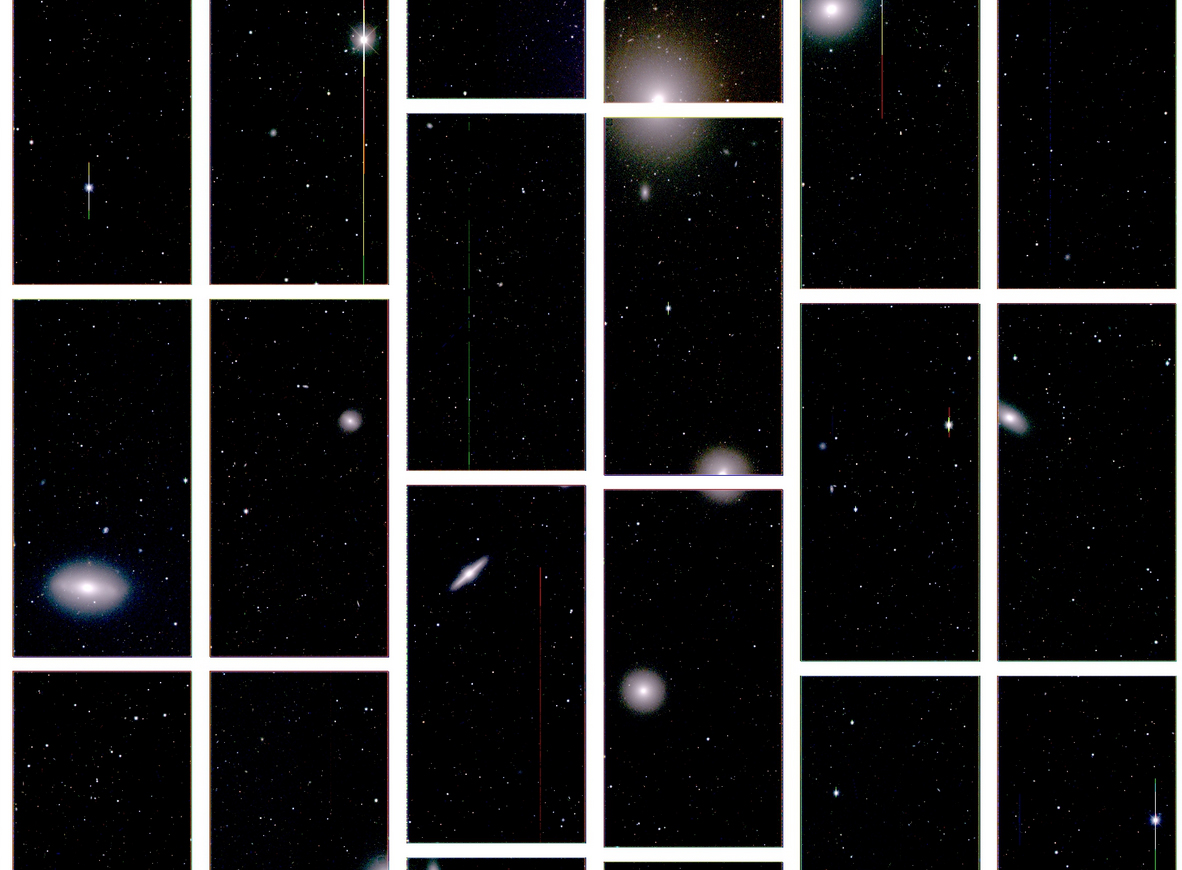Dark Energy Camera Shows Stars 352 Quintillion Miles Away
One of Fermilab's most prestigious projects since the shutdown of its Tevatron particle collider has been a stunning Dark Energy Camera (DEC), which is now delivering its first images.
The $50 million camera is combined with a 4-meter telescope and has been designed to scan the sky deep into space, into the history of our universe.
62 CCDs, each with a resolution of 9 megapixels deliver a total resolution of 570 megapixels. The first shots have been taken on September 12 and were published on September 17.
Fermilab posted images taken of the globular star cluster 47 Tucanae, located about 17,000 light years away - which translates to about 99.7 quadrillion miles. There are also breathtaking shots of the NGC 1365 galaxy, which is about 60 million light years, or 352 quintillion miles away.
Fermilab said it has access to the DEC for about 8-10 hours of 105 nights every year for the a time frame of 5 years. The scientists plan to take about 126,000 pictures total - and cover about 10 percent of the sky. They hope that they will be creating a database of the most detailed imagery ever taken of the sky, with an unprecedented opportunity to travel back into the history of the universe.
Ultimately, the scientists hope that they will find an answer to the question the universe is expanding at an accelerating pace.
Contact Us for News Tips, Corrections and Feedback
Get Tom's Hardware's best news and in-depth reviews, straight to your inbox.

Wolfgang Gruener is an experienced professional in digital strategy and content, specializing in web strategy, content architecture, user experience, and applying AI in content operations within the insurtech industry. His previous roles include Director, Digital Strategy and Content Experience at American Eagle, Managing Editor at TG Daily, and contributing to publications like Tom's Guide and Tom's Hardware.
-
jkflipflop98 Pretty amazing stuff.Reply
Someday we'll figure out that we're riding on the back of an electron that's orbiting the nucleus of some exotic material that was created during someone else's atom-smashing experiments. The galaxies we observe as very large to us are someone else's subatomic particles. -
fuzzion jkflipflop98Pretty amazing stuff. Someday we'll figure out that we're riding on the back of an electron that's orbiting the nucleus of some exotic material that was created during someone else's atom-smashing experiments. The galaxies we observe as very large to us are someone else's subatomic particles.Reply
Someone has been watching way too much men in black -
edogawa This is so amazing, it just boggles my mind how big the universe really is; it's almost too frightening.Reply
Now, all we need to start doing now is building the USS Enterprise and spreading before humanity kills it self. Life is to short, I want to see it all! :cry: -
face-plants 70-75% of the universe is dark energy. Of that remaining 25%, dark matter consists of 80% of the mass. This leaves us, the planets, stars and everything else we see in the visible universe amounting to only 5% of the "stuff" that makes up the universe. Cosmology is awesome!Reply -
QEFX I know this will sound silly, but when it comes to art (and many other things) ... the universe is more awe inspiring and beautiful than anything we silly monkeys can come up with.Reply -
face-plants Oh and all of these things, the dark matter, dark energy, and regular matter are just what was left over after almost all the anti-matter and regular matter created by the big bang mutually annihilated each other into pure energy.Reply
For every billion particles of anti-matter, there was a billion +1 particles of regular matter. The entire universe consists of those tiny scraps left over after everything else cancelled each other out. Lucky for us there wasn't equal amounts of both or we'd never exist to contemplate it.
Did I mention cosmology for the win? -
face-plants Wow, thumbs down to both my posts with nothing but facts relevant to the article? Sorry if a little shared knowledge is offensive to some but if so, I don't think Tom's is the place for you anyway.Reply
